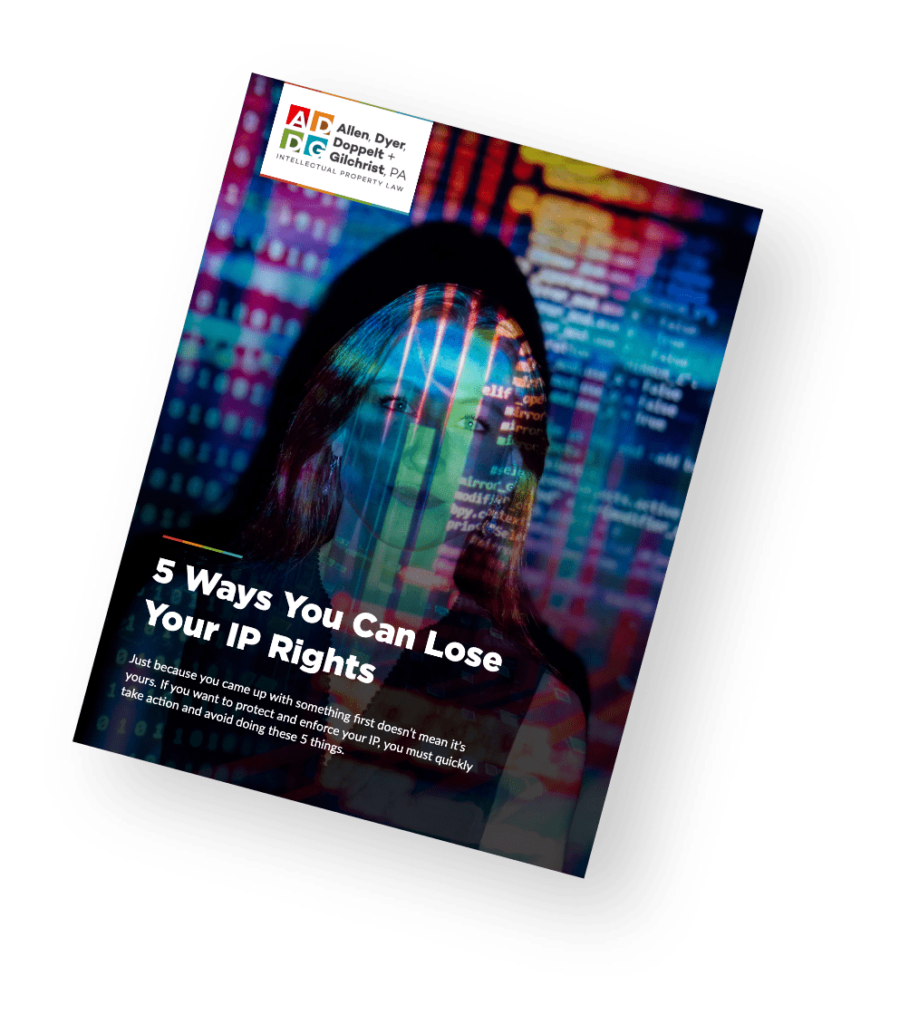Intellectual property (IP) represents one of the most valuable assets held by businesses and individuals alike. From innovative technological inventions to creative artistic works, protecting these assets against unauthorized use or disclosure is a leading concern for all IP owners. This is where non-disclosure agreements come in, serving as a critical legal tool in the safeguarding of confidential information and intellectual assets. But, to what extent does an NDA cover intellectual property rights?
What Does NDA Stand For?
A non-disclosure agreement (NDA) is a legally binding contract designed to safeguard sensitive information shared between parties. Typically used in business transactions, NDAs ensure that any disclosed confidential information remains private, underpinning a trust-based relationship between the disclosing and receiving parties. This agreement is essential when sharing innovative ideas, business strategies, or any other information that holds value to the owner but needs to be shared for developmental, evaluative, or collaborative purposes.

NDAs can vary in form; they might be mutual, where both parties share confidential information and agree to keep it private, or one-sided, where only one party discloses information to the other. Regardless of the type, the core purpose of an NDA is to protect the information deemed confidential from being leaked, misused, or disclosed to unauthorized individuals.
Can You Use an NDA to Protect Your Intellectual Property?
Yes, absolutely. NDAs serve as a legal mechanism for protecting IP by ensuring that sensitive details, whether trade secrets, innovative concepts, or unpublished patent applications, remain confidential. When sharing IP with potential partners, investors, or employees, an NDA legally obligates these parties not to disclose or misuse the information. This contractual agreement helps maintain the integrity and value of IP, particularly in the early stages of development or negotiation, where unauthorized disclosure could undermine the IP’s potential for patent protection, market exclusivity, or competitive advantage.
Areas to Consider When Using an NDA to Protect Your Intellectual Property
When drafting or entering into an NDA, pay attention to the following important considerations:
- Scope of confidentiality: Clearly define what information is considered confidential to prevent ambiguity and potential loopholes. This includes specifying the types of IP covered, such as designs, formulas, business strategies, or software code.
- Duration: Determine the length of time the confidentiality obligations will last. This can vary depending on the nature of the IP and the parties’ agreement, but it should be long enough to protect the interests of the disclosing party.
- Obligations and limitations: Outline the responsibilities of the receiving party, including limitations on use of the IP and measures to prevent unauthorized disclosure.
- Exclusions: Identify any exceptions to the confidentiality agreement, such as information already in the public domain or independently developed without access to the confidential information.
- Consequences of breach: Specify the legal remedies or consequences in case of a breach of the NDA, including injunctions and damages, to deter misuse and unauthorized disclosure.
- Representations and/or Warranties: Recognize and clearly outline the representations and warranties each party is making as to the agreement. For example, in an NDA, the discloser of the information should represent that he or she has a right to disclose such information. NDAs may also include representations and warranties that state each party has the authority to enter into the agreement and that each party will abide by the applicable laws at play.
Incorporating these and other considerations into an NDA ensures a robust framework for protecting your intellectual property while facilitating necessary collaborations and discussions essential for business growth and innovation.
How Can Intellectual Property Insurance Help Protect Your IP?
Intellectual property insurance complements NDAs by providing financial protection against potential infringement claims and legal disputes over IP rights. It covers legal defense costs, ensuring businesses can afford to protect their intellectual assets without the burden of significant financial strain. This type of insurance not only acts as a deterrent against potential infringers but also supports the enforcement of IP rights, safeguarding the owner’s investment in innovation and creativity. With intellectual property insurance, businesses gain an extra layer of security, reinforcing their primary defense mechanisms (cease & desist letters, etc.) in case of infringement.
Intellectual Property Rights
Understanding the various forms of intellectual property rights helps determine the right strategies for effectively protecting your creative and commercial assets. Here’s a brief overview of the main categories of IP.
Copyright
Copyright automatically protects original works of authorship, including literature, music, and art, providing the creator exclusive rights to reproduce and distribute their work. While copyright exists from the time the work is created, in the U.S., a registration is required to bring a lawsuit for infringement.
Patent
Patents protect inventions or discoveries, granting inventors the right to exclude others from making, using, offering for sale or selling their invention for a limited period. Must be registered.
Trademark
Trademarks are symbols, names, and slogans used to identify and distinguish goods and/or services, ensuring consumers can distinguish between the different sources of these goods and/or services. While it is possible to obtain trademark rights in the U.S. without a formal registration (common law rights which are limited to the geographic area in which the mark is being used), a federal trademark registration affords broader protection (i.e., nationwide rights).
Trade Secret
Trade secrets encompass formulas, practices, designs, or processes used in business that are not publicly known, providing a competitive edge. Protection requires measures to maintain secrecy. Cannot be registered.
Schedule a Consultation With an Experienced IP Attorney
Given the complexity and importance of protecting your intellectual assets, consulting with an experienced IP attorney can be invaluable. They can provide tailored advice, help draft enforceable NDAs, navigate the intricacies of IP law, and ensure that your intellectual property is fully protected.
Contact us today to schedule a consultation with our team of knowledgeable and skilled IP attorneys, and let us help you secure the foundation of your innovation and business success.
About the Authors
Robert Thornburg is a nationally recognized intellectual property litigation specialist who has built a reputation over the past 15 years in bet-your-business patent, copyright, trademark, trade secret, and technology-focused litigation on behalf of international and Florida-based businesses.
Giulia Farrior represents ADD+G clients out of the firm’s Miami office and has experience representing individuals and organizations in federal courts in all phases of intellectual property litigation involving trademarks, trade secrets, copyrights, and patents.

Share This




